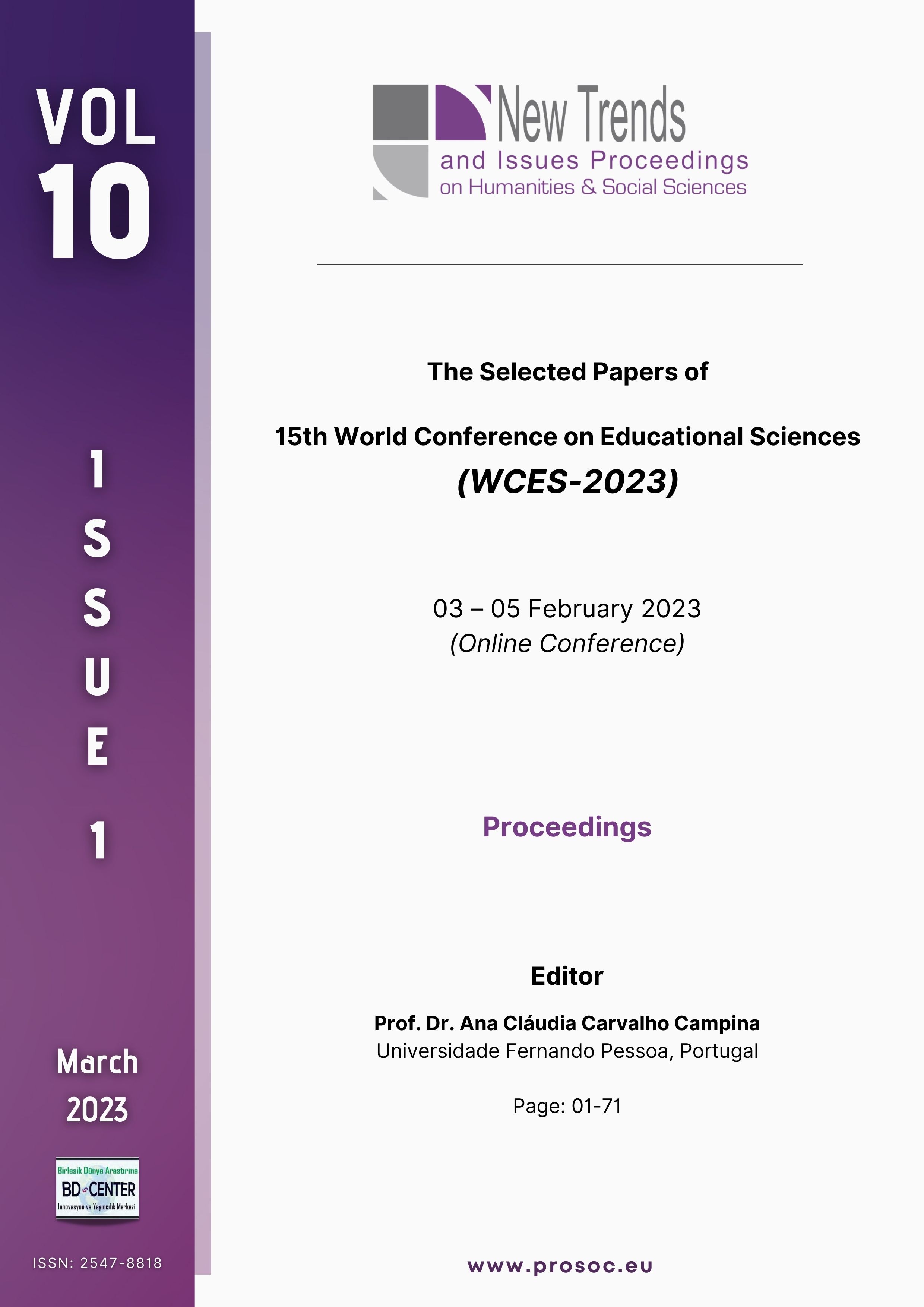Using composite structural equation modeling to examine high school teachers' acceptance of E-learning after Covid-19
Main Article Content
Abstract
Electronic learning (e-learning) is a broader approach to learning that brings new opportunities for teaching and learning in many fields of education compared to the face-to-face classroom environment. The purpose of this study is to explore high school teachers’ acceptance to continue teaching through e-learning platforms after COVID-19. Based on the framework of a unified theory of technology acceptance and use of technology, this study investigates the research questions in the context of Lesotho. The study adopted a quantitative approach, with a total number of 300 questionnaires collected from high school teachers. The result was analyzed using composite structural equation modeling. According to the study, instructors' acceptance of e-learning is influenced by several factors, which in turn has a significant impact on teachers' behavioral intentions in Lesotho. As a result of the study, individual challenges associated with using e-learning platforms were identified.
Keywords: Composite-SEM; educational quality; e-learning; self-efficacy; technology acceptance.
Downloads
Article Details
- Authors retain copyright and grant the journal right of first publication with the work simultaneously licensed under a Creative Commons Attribution License that allows others to share the work with an acknowledgement of the work's authorship and initial publication in this journal.
- Authors are able to enter into separate, additional contractual arrangements for the non-exclusive distribution of the journal's published version of the work (e.g., post it to an institutional repository or publish it in a book), with an acknowledgement of its initial publication in this journal.
- Authors are permitted and encouraged to post their work online (e.g., in institutional repositories or on their website) prior to and during the submission process, as it can lead to productive exchanges, as well as earlier and greater citation of published work (See The Effect of Open Access).
